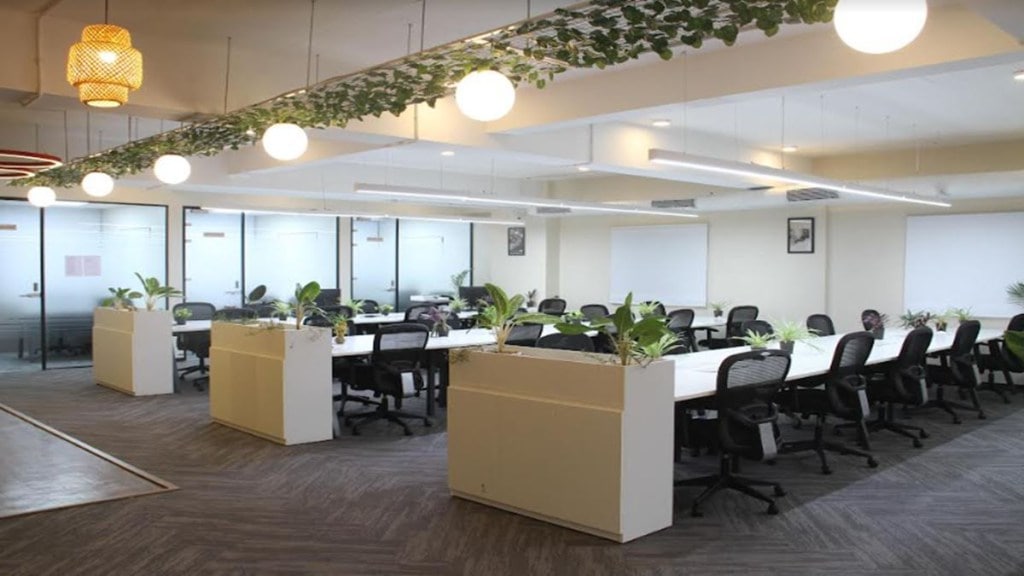– By Abhay Chawla
In recent decades, the landscape of the contemporary workplace has undergone a noteworthy transformation. Gone are the days when cubicles, rigid hierarchies, and isolation defined the office environment. The ascent of co-working spaces has ushered in a revolutionary paradigm shift, fundamentally redefining our approach to work. This transformation has seen shared workspaces evolve from sterile settings into vibrant collaborative communities, where the emphasis is not only on productivity but also on fostering innovation, connection, and a sense of belonging.
A Paradigm Shift in Workspace Dynamics
Traditional offices, with their cubicles and isolated corner offices, often resulted in employees feeling disconnected from one another. Co-working spaces have boldly challenged this isolation by envisioning the workspace as a dynamic, shared environment where individuals from diverse backgrounds and industries converge. This shift has not only spurred innovation but has also cultivated a profound sense of belonging and camaraderie among coworkers.
Fostering Collaboration Over Competition
During the era of cubicles, competition among employees tended to overshadow collaboration. Co-working spaces have strategically redirected the focus toward cooperation. Individuals working side by side now freely exchange ideas, insights, and sometimes even clients, fostering a culture of mutual support. It is now commonplace for a tech startup to collaborate with a graphic designer or a freelance writer to form a partnership with a marketing expert within the same co-working community.
The Era of Flexibility
Co-working spaces have prominently introduced flexibility into the contemporary work landscape. Offering a range of membership options, from hot desks to private offices, these spaces empower individuals and companies to choose environments and arrangements that align with their unique needs. This flexibility has revolutionized the concept of the workplace, making it adaptable to evolving circumstances, including remote work trends and the demand for cost-effective solutions.
Networking and Knowledge Exchange Hub
The evolution of co-working spaces has provided fertile ground for networking and knowledge sharing. Events, workshops, and seminars held within these spaces actively encourage members to broaden their skill sets and connect with like-minded individuals. This sense of community extends far beyond the workspace, offering opportunities for personal and professional growth that were once inconceivable within the confines of traditional offices.
Conclusion: Redefining the Essence of Workspaces
The journey of co-working spaces, from cubicles to community, has not only revolutionized how we work but has also reshaped our perception of the workspace itself. The modern co-working space symbolizes a new era of work, where collaboration, flexibility, networking, and personal development take center stage. This transformation benefits individuals and companies alike, redefining the very essence of what it means to work. As co-working spaces continue to evolve, the future promises exciting changes for the nature of work and the communities that support it.
(Abhay Chawla is the co-founder & COO at India Accelerator.)
(Disclaimer: Views expressed are personal and do not reflect the official position or policy of Financial Express Online. Reproducing this content without permission is prohibited.)

